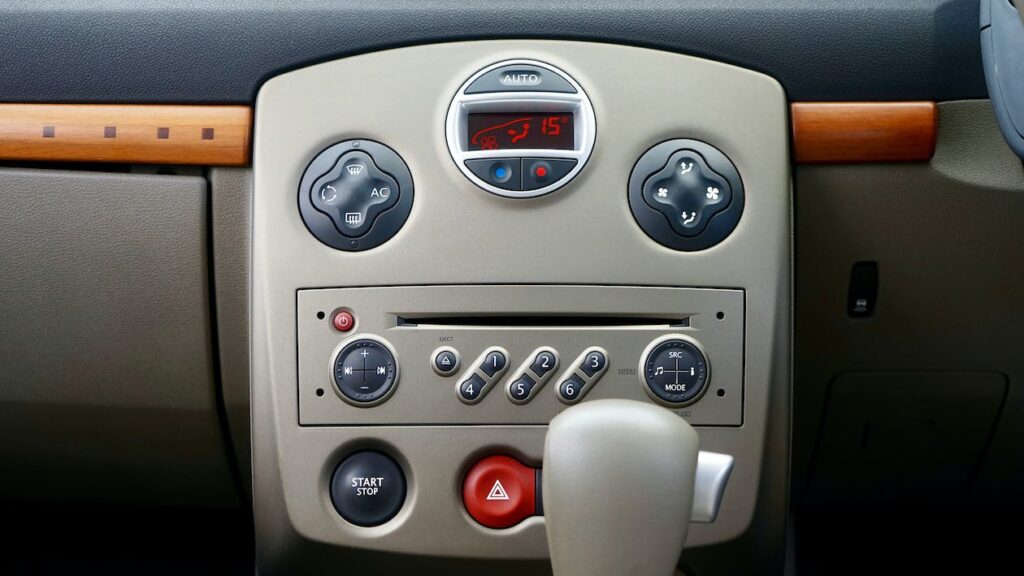
The Ultimate Guide to Standard Car Care: Essential Maintenance for Your Vehicle
As a responsible car owner, it’s crucial to prioritize standard car care to ensure the longevity, performance, and safety of your vehicle. Regular maintenance and proactive care not only contribute to a smooth driving experience but also preserve the value of your investment. In this comprehensive guide, we will delve into the essential maintenance practices that every car owner should prioritize.
Regular Maintenance Checks
Oil Change
How to do standard car care? Regular oil changes are the cornerstone of engine maintenance. Clean oil lubricates the engine’s moving parts, reduces friction, and helps dissipate heat. It’s generally recommended to change the oil every 5,000 to 7,500 miles, but specific intervals may vary based on your vehicle’s make and model. Consult your owner’s manual for precise guidance.
Tire Pressure
Maintaining the correct tire pressure is crucial for safety and optimal fuel efficiency. Check your tire pressure at least once a month and before embarking on long journeys. Underinflated or overinflated tires can compromise handling, increase the risk of blowouts, and negatively impact fuel economy.
Fluid Levels
Regularly checking and topping up essential fluids such as coolant, brake fluid, and transmission fluid is vital for the well-being of your vehicle. Low fluid levels can lead to overheating, brake failure, or transmission issues, potentially causing severe damage to your car.

Exterior standard car care
Washing & Waxing
Regularly washing and waxing your car not only keeps it looking pristine but also protects the paint from environmental contaminants and UV radiation. A clean and waxed exterior is less prone to rust and corrosion, preserving the resale value of your vehicle.
Inspecting Lights
Functioning lights are critical for visibility and safety on the road. Regularly inspect all exterior lights, including headlights, taillights, brake lights, and turn signals. Replace any burnt-out bulbs promptly to ensure optimal visibility to other drivers.
Windshield Care
A clear and unobstructed windshield is essential for safe driving. Inspect the windshield for any chips, cracks, or pitting, and repair or replace it as needed to maintain visibility and structural integrity.
Interior Care
Cleaning
Maintaining a clean and clutter-free interior not only enhances your driving experience but also preserves the condition of your vehicle. Regular vacuuming and cleaning of surfaces help prevent the accumulation of dirt and grime, creating a more pleasant and hygienic environment.
Inspecting Upholstery
Check the condition of your upholstery for any signs of wear and tear. Addressing minor issues promptly can prevent them from escalating into major problems, ultimately saving you time and money on repairs or replacements.
Air Conditioning Maintenance
Regularly inspect and service your car’s air conditioning system to ensure optimal performance, especially before the onset of the warm season. Proper maintenance can prevent malfunctions and ensure a comfortable driving experience.
Professional Servicing
Scheduled Maintenance
Adhering to the manufacturer’s recommended service schedule is paramount for the longevity and reliability of your vehicle. Professional mechanics are trained to identify potential issues before they escalate, ensuring that your car remains in optimal condition.
Diagnostic Checks
Periodic diagnostic checks can uncover hidden issues that may not be apparent during routine maintenance. Advanced diagnostic tools can pinpoint electronic or mechanical malfunctions, allowing for timely and precise repairs.
Wheel Alignment and Balancing
Regular wheel alignment and balancing are essential for even tire wear, optimal handling, and fuel efficiency. Misaligned wheels can lead to premature tire wear and compromised vehicle stability.

Under-the-Hood Checks
Battery Maintenance
Regularly inspect the battery terminals for corrosion and ensure that the connections are secure. Additionally, check the battery’s fluid level if applicable and monitor the overall condition of the battery to avoid unexpected failures.
Engine Air Filter
A clean air filter is essential for optimal engine performance and fuel efficiency. Regularly inspect and replace the air filter as recommended by your vehicle’s maintenance schedule.
Brake System Inspection
Maintaining a properly functioning brake system is critical for safety. Regularly inspect the brake pads, rotors, and brake fluid level, and address any signs of wear or deterioration promptly.
Efficient Automobile Testing Techniques
When it comes to testing automobiles, efficiency is key to ensure their optimal performance and reliability. Several factors need to be evaluated to determine the vehicle’s capabilities and overall efficiency:
Acceleration Tests: These measure the car’s ability to swiftly reach higher speeds.
Braking Tests: These assess the car’s braking distance and responsiveness.
Fuel Consumption and Emissions: This is an important factor to consider when examining the car’s fuel efficiency.
Knowing how to test your car without adding unnecessary miles is essential. Super Kilometer Filter offers a Mileage blocker that can prevent the accumulation of mileage from all control units, ensuring that no unnecessary miles are added without leaving any traces. The module has been designed for practical purposes, allowing users to test their vehicles without the worry of unnecessary mileage appearing on the odometer.
However, it’s important to note that while the module offers practical benefits, it has also been misused for unethical purposes, which the manufacturers do not endorse. One significant advantage of this module is that kilometers no longer accumulate spontaneously after the module has been removed, ensuring the integrity of the mileage data.
Conclusion
By incorporating these standard car care practices into your routine, you can ensure that your vehicle remains in top condition, benefiting both its performance and your overall driving experience. A well-maintained car not only operates more efficiently but also provides greater safety for you and your passengers.
Prioritizing car care is a commitment to the longevity, safety, and performance of your vehicle. By staying proactive with maintenance and seeking professional servicing when needed, you can enjoy a reliable and enjoyable driving experience for years to come.
Remember, car care is not just about maintaining the appearance of your vehicle; it’s about safeguarding its mechanical integrity and your well-being on the road.
In conclusion, implementing these standard car care practices can go a long way in preserving the condition and value of your vehicle. By staying proactive with maintenance, you can enjoy a smooth and safe driving experience for years to come.




